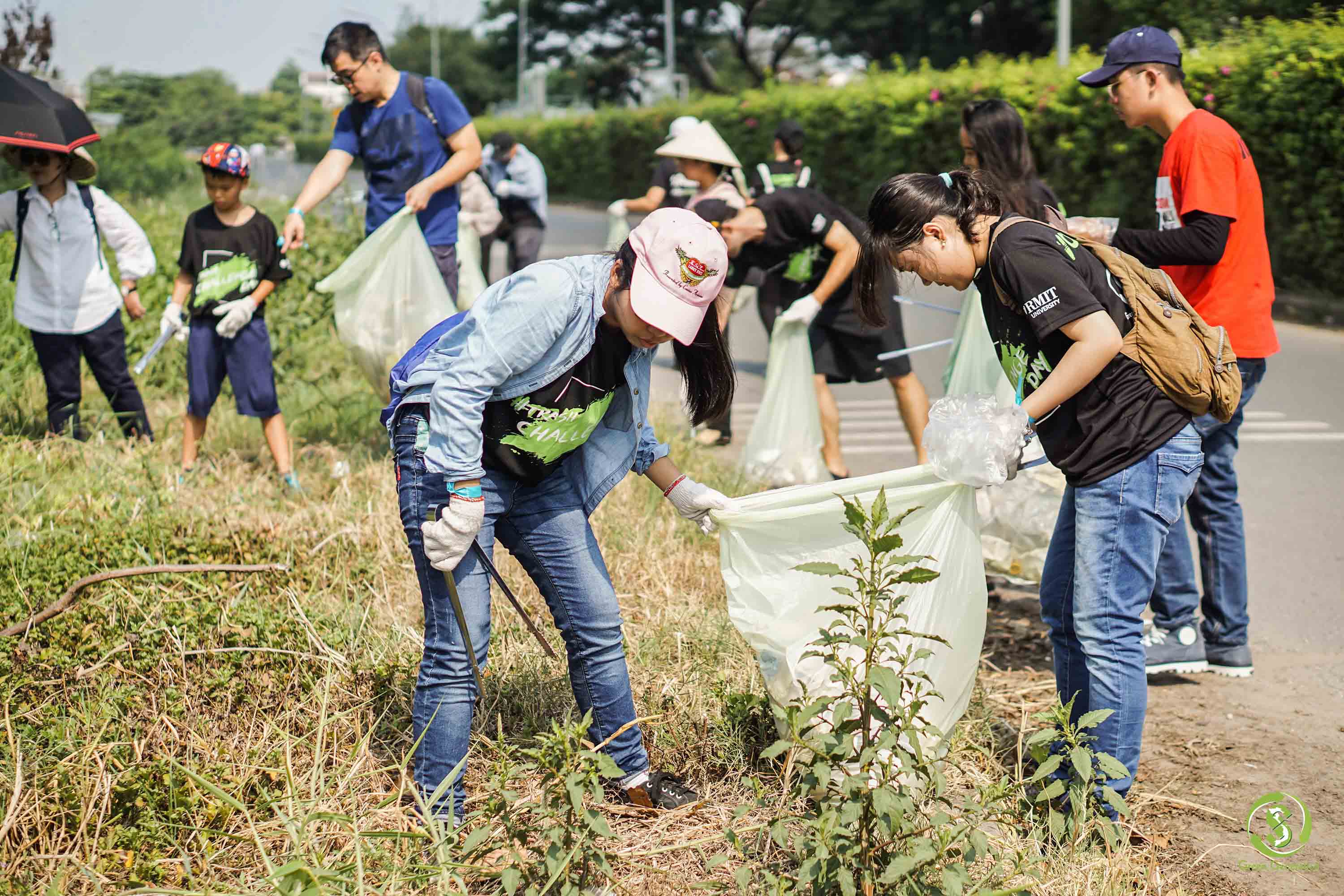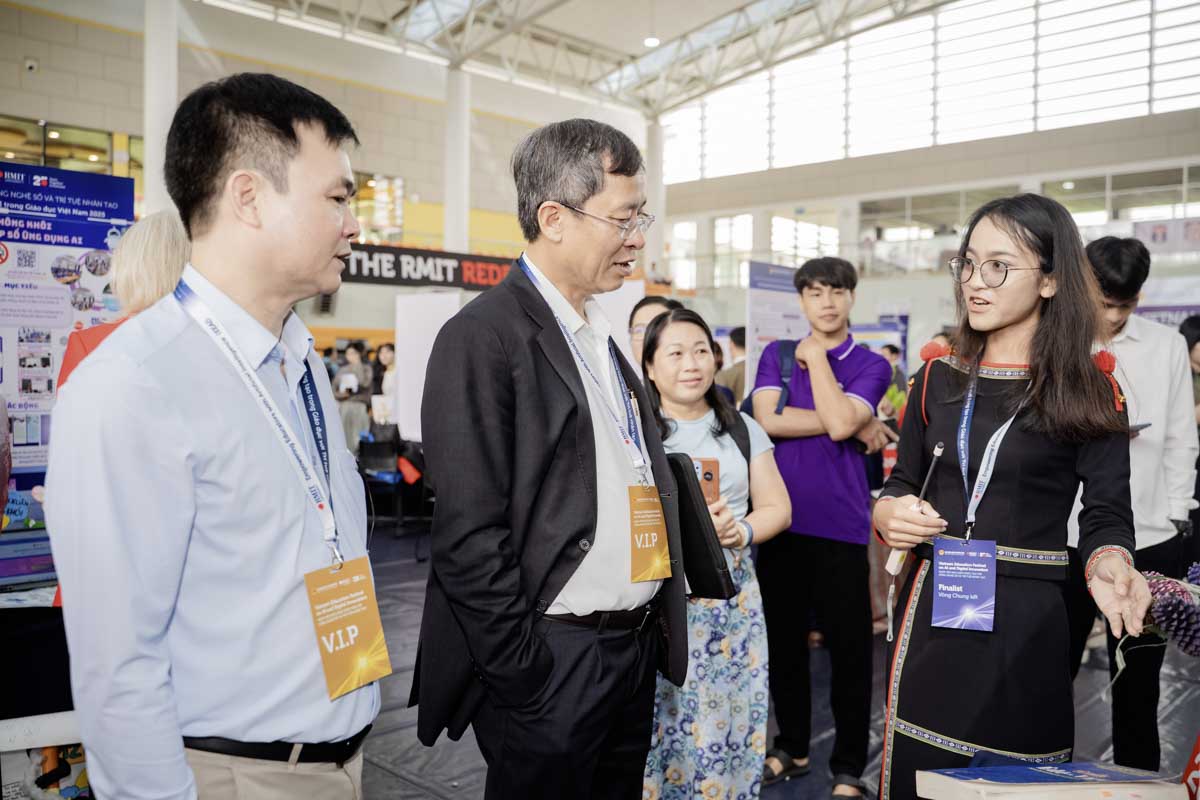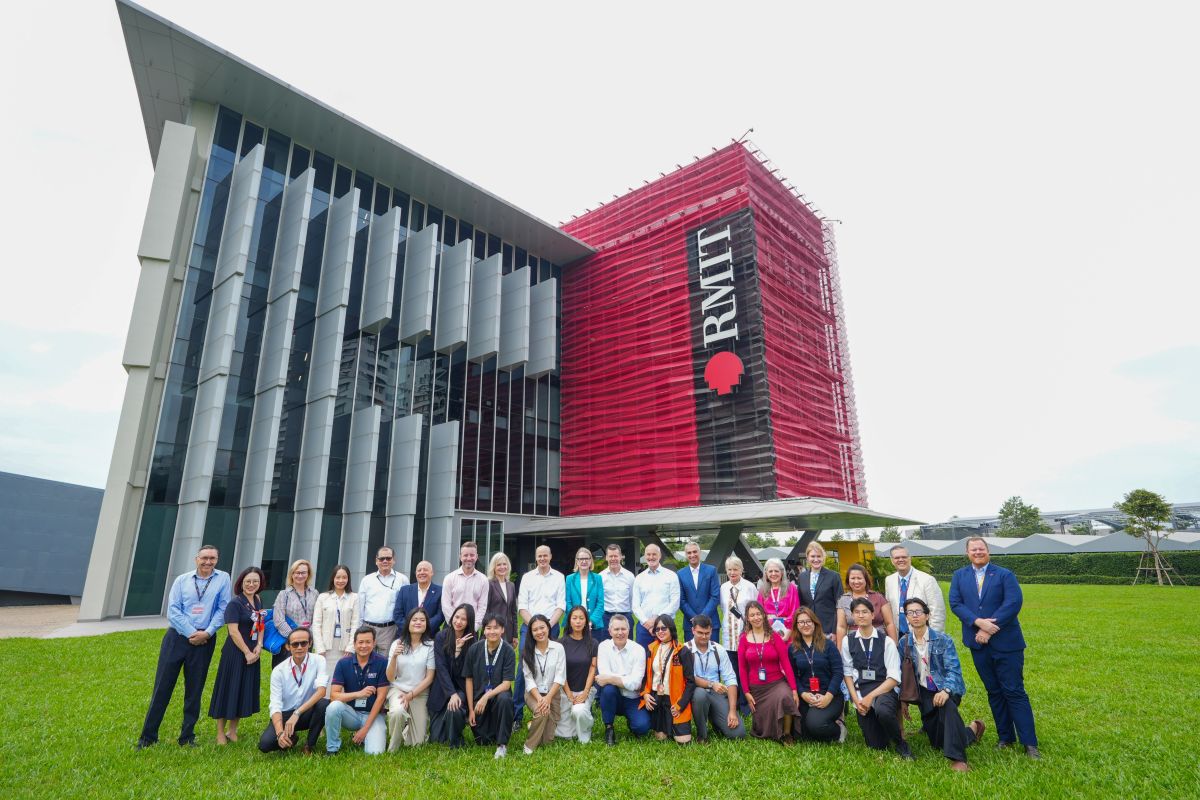RMIT Vietnam Associate Lecturer at the School of Business & Management Nguyen Huu Nhan leads a group which recently received a ‘Break Free From Plastic’ grant.
The grant application was co-submitted by RMIT Vietnam and Vietnam Clean & Green (VNCG), an anti-littering organisation which Nhan co-founded.
“I was invited to a zero-waste conference in Da Nang at the end of 2017,” Nhan said. “That conference saw the birth of what we’re calling the Vietnam Zero Waste Alliance, and it’s a number of organisations around the country who are all working within the environmental space.”
The alliance submitted a proposal to the Plastic Solutions Fund and received a $US100,000 grant for the next three years. Nhan’s sub-proposal, which will get $US30,000 over the next three years, focuses on a communications campaign to spread the message of zero-waste.
“It’s called Vietnam Visioning, and there are four main strategies,” Nhan said. “We’re strategy number three, which is the communications campaign. The crux of the whole thing is that we’re going into coastal communities that the government has already called Marine Protected Areas (MPAs), including Ha Long Bay and Cat Ba Island.”
RMIT Vietnam and VNCG will work in five MPAs across the country.
“The idea is to go in and try to train people living there on the whole zero-waste model, minimising waste, minimising incineration, more composting, as most of the waste is food or organic,” Nhan explained. “We’ll go in, do focus groups, find out what makes them tick and then build a campaign around that.”
The first three years of funding is seen as phase one, but Nhan and his colleagues have a longer 12-year vision.
Another angle of the campaign is to make zero-waste lifestyles attractive to young people, like RMIT Vietnam students. To this end, Nhan and his team worked with the Green Generation Club, an on-campus organisation, to make a rap video on the topic.
“The chorus means ‘put it in the bin’ in Vietnamese, and the cool thing is that it’s a way to tell people not to litter in a non-confrontational way, so they’re not losing face,” Nhan said. “We’re hoping it has an impact in a non-face losing way, and if this works, there’s a number of others things we could do in the same line.”
This effort is part of a growing anti-waste movement in Vietnam, one that has seen bamboo and metal straws grow in popularity, along with canvas bags that replace plastic. Grocery store chains have started wrapping produce in banana leaves, instead of plastic, while shops with a focus on zero-waste products have also opened within the last two years. There is a long way to go, but these signs are promising.
Students, meanwhile, will be heavily involved in the RMIT Vietnam and VNCG project.
“After the first year of focus groups, in the next two years we’ll take that research and develop social media where we can target locations, and maybe events, and we’re going to leave the planning for that to students,” Nhan shared. “I think it’s going to give our students a great opportunity to do some real-world work.”
Story: Michael Tatarski





